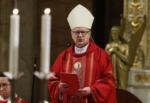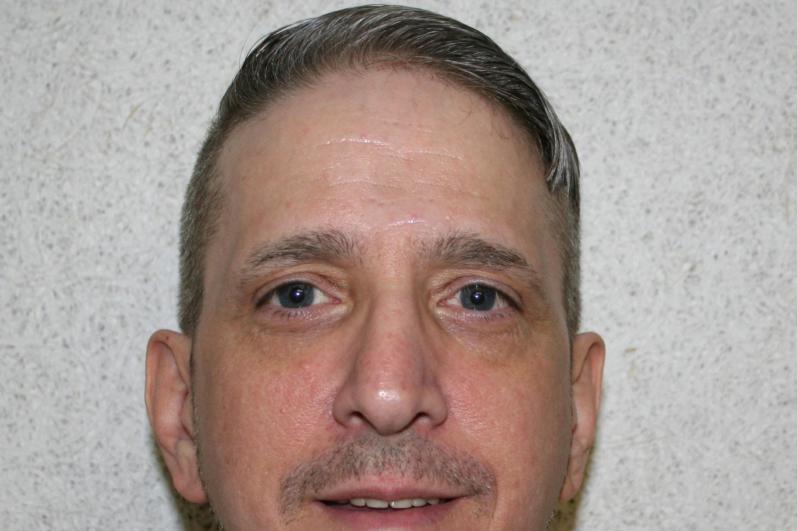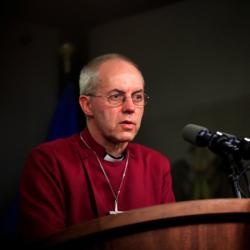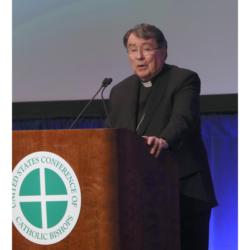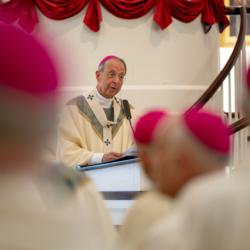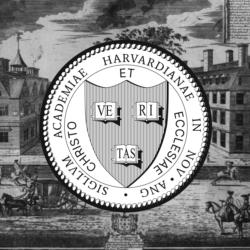Supreme Court considers death penalty conviction where key testimony was called into question
WASHINGTON (OSV News) -- The U.S. Supreme Court Oct. 9 considered a bipartisan appeal to reverse the death penalty conviction of Richard Glossip, a case in which Oklahoma's Republican attorney general and Republican lawmakers have also intervened on his behalf.
The Supreme Court previously temporarily blocked Oklahoma from executing the death-row inmate after Oklahoma Attorney General Gentner Drummond said Glossip did not receive a fair trial and should be granted a new one. Glossip, 61, has been on death row for a quarter-century and he has had three last meals.
Glossip, a former motel manager, was convicted in the murder-for-hire plot of his boss, Barry Alan Van Treese, at the Best Budget Inn in Oklahoma City in 1997.
But Glossip's lawyers have argued that his conviction should be thrown out based on issues associated with key testimony in the case by Justin Sneed, who carried out the murder. Sneed testified that Glossip had hired him to kill Van Treese, but subsequent investigations have raised concerns that prosecutors had withheld information about Sneed and that he may have given false testimony at the trial.
Despite findings in an investigation in the case by Drummond, an Oklahoma appeals court upheld the death sentence, and the state’s pardon and parole board voted against granting clemency for Glossip, which led to an appeal to the high court.
During oral arguments Oct. 9, Justice Elena Kagan said Snead was "exposed as a liar." Justice Brett Kavanaugh likewise questioned Snead's credibility, arguing he had an incentive to lie, therefore "creating all sorts of avenues for questioning his credibility."
Justice Neil Gorsuch recused himself from the case. While no official reason was given by the court, Gorsuch previously dealt with the case when he was an appeals court judge.
The court is expected to issue a decision in the case by the end of its term in June. However, without Gorsuch's participation, only eight of the court's nine justices will weigh in. If they issue a 4-4 decision then the state court ruling against Glossip would remain in place.
In his 2020 encyclical, "Fratelli Tutti," Pope Francis argued against the use of capital punishment by citing St. John Paul II, writing that his predecessor "stated clearly and firmly that the death penalty is inadequate from a moral standpoint and no longer necessary from that of penal justice."
"There can be no stepping back from this position," Pope Francis wrote.
Pope Francis revised the Catechism of the Catholic Church in 2018 to clarify the church's teaching that capital punishment is morally "inadmissible" in the modern world and that the church works with determination for its abolishment worldwide.
- - - Kate Scanlon is a national reporter for OSV News covering Washington. Follow her on X (formerly Twitter) @kgscanlon.







